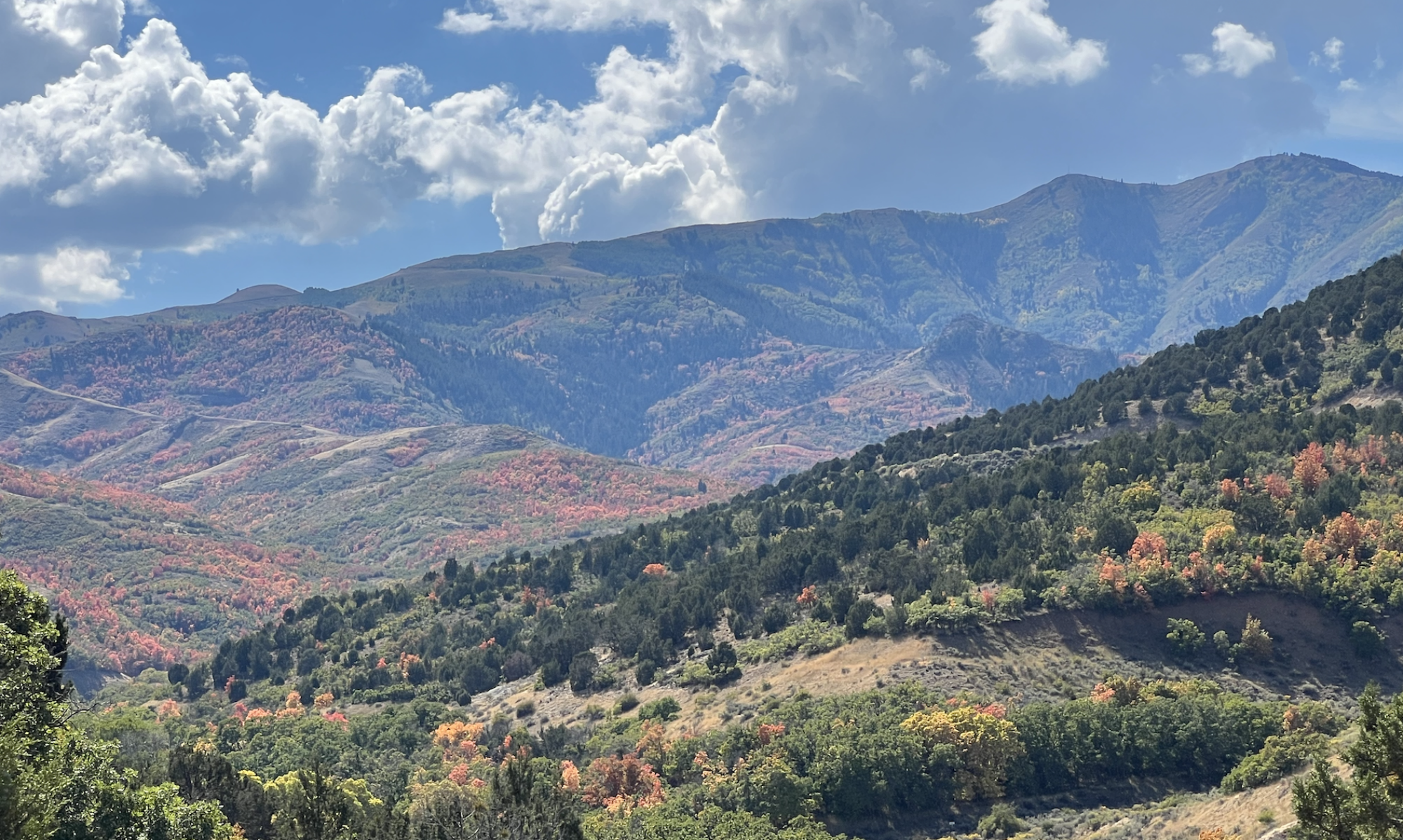
Bill Watterson was the creator and author of, among other things, the Calvin & Hobbes comic series. It’s mostly about the vivid imagination of a young boy, in relationship to his friend, a tiger, that those around him see as just a stuffed animal. It’s also about this young boy interacting with his family, his surroundings, and his world. It’s about growing up.
In one comic strip, the young boy asks his dad, “What causes wind?” The dad, looks away from the book that he’s reading, and replies, “Trees sneezing.” The young boy suspects something is off and asks, “Really?” The dad responds, “No, but the truth is more complicated.”
I love the exchange.
And, I feel aware that this dynamic portrayed by Watterson is playing out all of the time. Sometimes it’s not knowing the more complicated truth. Sometimes it’s not wanting to engage the more complicated truth and pain of our times. Sometimes it’s forgetting. Sometimes its fatigue or exhaustion. I would suggest we are all a bit complicit in our versions of “trees sneezing” description that we offer.
Well, many of us are involved in work and life that is about leaning in to the more complicated truths. It’s using formats that require us to turn to one another. It’s re-pacing ourselves to require something more than the fastest route of reductionism. It’s reclaiming context that expands the first layer of tease, taunt, or too simple of a view.
I love that exchange too.
We humans, yup, we’ll continue to offer simple, pithy, summaries. This is part of who we are. We aren’t coded for all of everything all the time. Simple, pithy, summaries, are symbols that ironically can invite us to the more complex. However, where we humans so often go awry is when we forget to engage the more complicated, or, we forget that a juicy, more complicated, and required relevant even exists.
We just stick with the pleasing part of “trees sneezing.”
Here’s to any of us and all of us, knowing the difference of when it is time to offer summary, or to double click and expand into what’s behind the summary, and as Watterson portrayed in that short strip, having the honesty and wherewithal to both ask further, and, to disclose the difference in choice.



